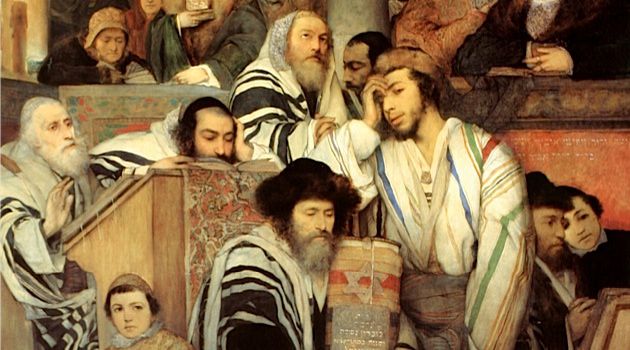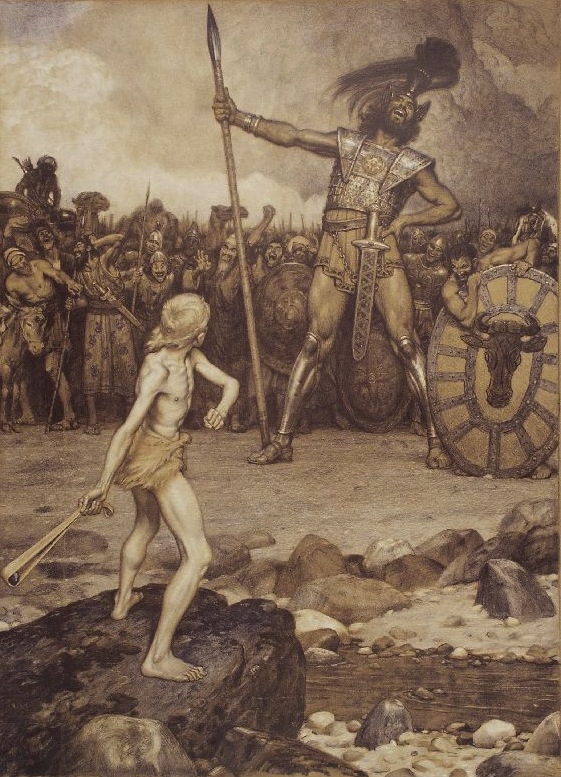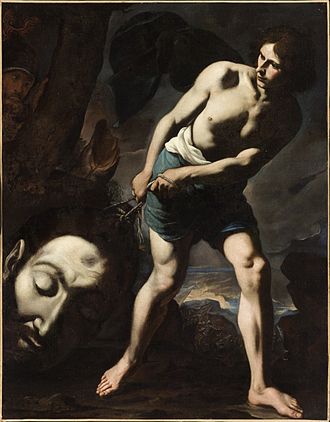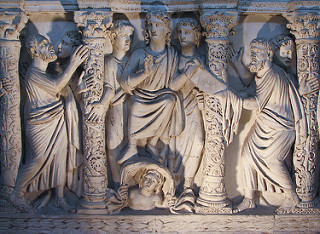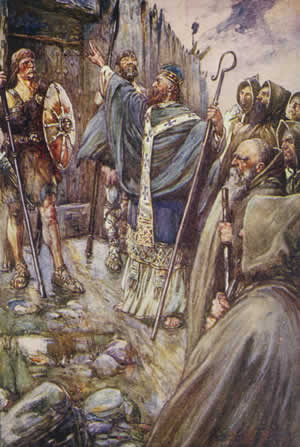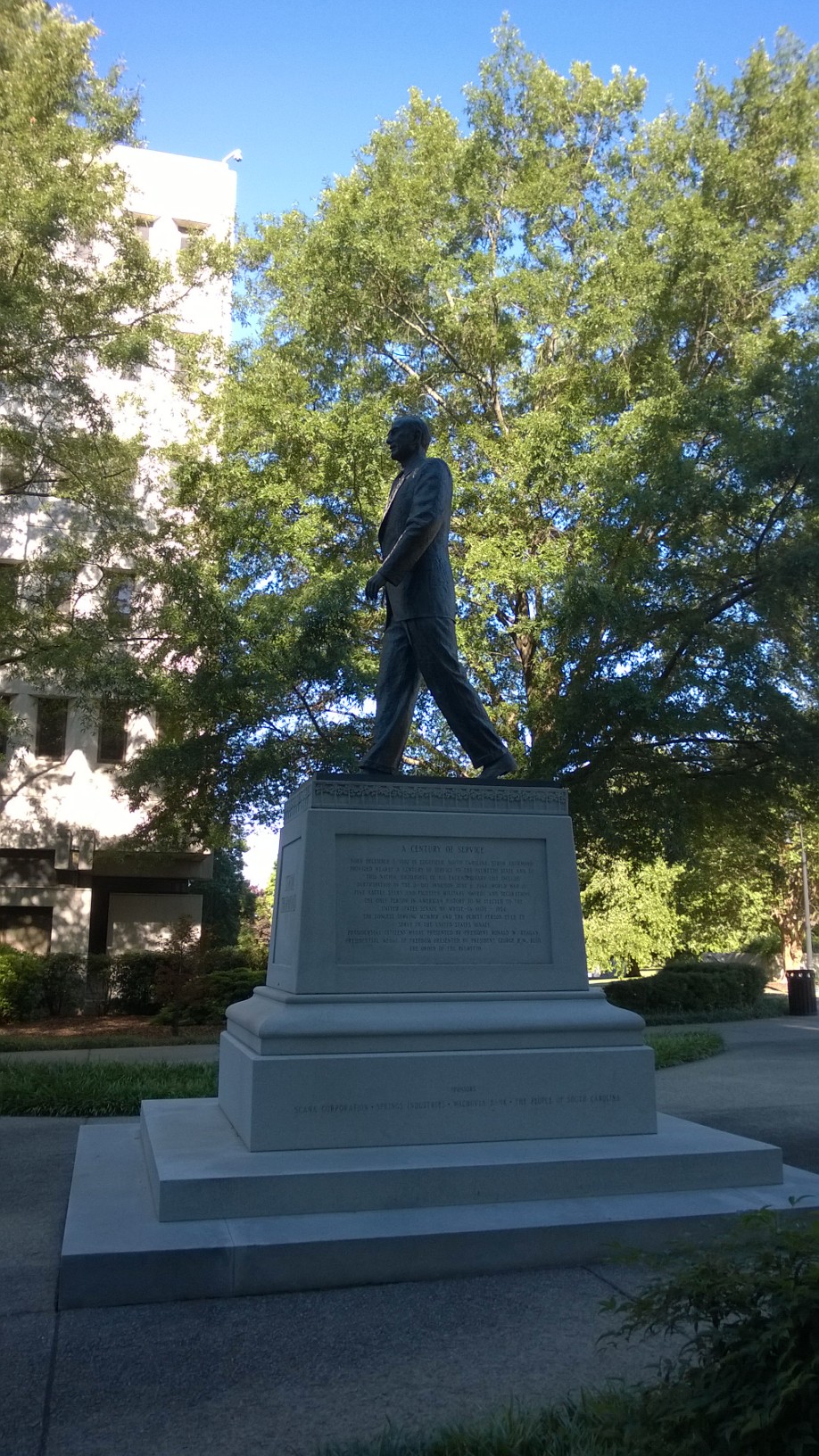


These artistic renderings are depicting two faced people whose presence is something very familiar to us, We see a bright shinning face on the outside presenting a image of cheerfulness and helpfulness never suspecting that the other face lurking inside portends danger and deceit. Despite the warnings and cautions of our inner suspicions it happens that the one we trust the most is the very one that takes advantage of us to the fullest extent. I am re blogging an article about elder abuse which appeared in “The Blog” . The psychiatrist author makes the point that making a case to prove “elder abuse” you must obtain expert testimony that really addresses the issues involved and states specifically the evidence which clearly indicates “elder abuse”. Beware that those who approach with offers of help and assistance may have motives that may be other than pure. And the deceiver will come in the garb of a sheep but underneath he or she will be a wolf looking for someone to devour. These thoughts apply particularly to the elderly who trust only to be taken advantage of and abused,
THE BLOG
Undue Influence and Financial Exploitation
06/01/2016 07:35 pm ET | Updated 4 days ago
by Bennett Blum, MD
Forensic and geriatric psychiatrist and Director of the Geriatric Division of Park Dietz & Assoc. in Newport Beach, Calif.
Between the Redstone case, with all of its drama and potential consequences, and the upcoming World Elder Abuse Awareness Day on June 15, 2016, many people are asking questions about undue influence and financial exploitation; how to determine true from false claims; and how to avoid the problem altogether.
Elder abuse is tragically frequent, and financial exploitation is a common gateway to other forms of abuse. Most studies suggest that at least 5% of the elderly are victimized each year (approximately 2.0 million people), resulting in direct losses measured in billions of dollars. In 2011, MetLife estimated the annual financial loss to be $2.9 billion; however, a 2015 report by True Link Financial increased that estimate to $36.48 billion. According to this more recent report, some form of inappropriate manipulation, or undue influence, is involved in the loss of more than $23 billion annually.
“Undue influence” is a legal term for excessive or inappropriate manipulation. The behaviors that make up undue influence have been well documented for nearly 2,000 years. Descriptions and models for determining undue influence are found in the laws of ancient Rome and also in the Talmud. Those documents describe the same 3 main types of undue influence that are recognized today: deception, duress, and unconscionable or excessive demands. Everyone — regardless of age, health, education, or experience — is susceptible to one or more of these methods. Medical issues, whether physical or mental, make it easier for a perpetrator to manipulate or overwhelm their victim, but are not necessary and do not have to be present. It all depends on the individual’s circumstances.
Perpetrators may be anyone – family members, friends, caregivers, or advisors. The major motivations are greed and control. Some of the more common strategies for committing undue influence include: 1) making threats, 2) nagging, pestering or harassing; 3) intentionally deceiving or misleading someone by telling lies or partial truths; and 4) isolating the intended victim from the truth, and from people who could protect him. “Isolation” is often misunderstood. Someone can be isolated even when they are surrounded by people. In cases involving wealthy victims, this often takes the form of replacing trusted friends, confidants, or advisors with new people who are approved, and possibly controlled, by the perpetrator.
The goal is always the same – to usurp the victim’s decision making role to the benefit of the perpetrator or those whom the perpetrator supports. Intelligence, strength, and personal drive may reduce an individual’s overall risk, but they are not completely protective. Intelligent, strong, and decisive people can be manipulated. A serial financial abuser once said that he routinely manipulated intelligent and successful elderly people. “People who are successful know their limits and are used to listening to experts. I become their friend and make them think I am an expert. Once they buy into that, they’re mine.”
Claims of undue influence often arise when one or more of the following situations exist – blended families; intense sibling rivalry; marital discord; or “brand-new best friends.” A claim is even more likely to be made if there are questions about the elder’s memory or reasoning abilities, or if the person was weakened and frail due to general medical problems.
In addition to actual abuse, false claims of undue influence are used by those who wish to dispute the wishes of someone who is impaired or has died. Undue influence claims undermine testator wishes, promote family feuds, and — when prominent individuals or families are involved — create media attention and public scrutiny of their private lives. In addition, contested wills, trusts, and estate plans are expensive to litigate and can significantly erode the corpus of an estate. Challenges are more likely to arise when late changes are made to an existing plan. Planning for the possibility of a will contest is both prudent and cost-effective.
Many attorneys recommend that their client obtain a letter from their doctor. Unfortunately, this is inadequate in many cases. Most internists, neurologists, and even psychiatrists and neuropsychologists do not understand undue influence, its assessment, or how to help prevent future claims. They typically only address the elder’s mental capacity, which is only one of dozens of psychiatric and behavioral variables that need to be considered. As a result, the medical notes, memos, or letters from professionals who are not experts in this sub-field are often easily undone during the course of litigation.
In contrast, a careful and well-documented assessment covering all the relevant behavioral issues, not just medical or cognitive concerns, can prevent years of litigation and unnecessary delays in executing the client’s desires, and avoid associated public scandals. Two examples:
In one case, a man separated from his wife and wanted to change his estate plan, but believed that his wife would challenge the new will. An assessment was performed at the time that the will was executed. When he died several years later, the former wife indeed said he had been unduly influenced. However, she withdrew her legal challenges after reviewing the expert’s report.
In another case, a wealthy and high profile woman who had suffered a mild stroke wanted to divide her estate equally amongst her children, but also gave one adult child large amounts of cash. Knowing that there was animosity towards this child from his siblings, the mother agreed to an undue influence assessment. After she died, the siblings claimed their brother had committed elder financial abuse. Again, the claims were withdrawn after seeing the report.
In these cases, as well as many others, the estates were preserved, the client’s wishes were carried out, and privacy was maintained.
Financial exploitation by undue influence is expensive and destructive, but it can often be avoided.
Email: expert@parkdietzassociates.com or bennettblum@aol.com
More: Elder Abuse Senior Citizens Financial Exploitation
Art:
Francis Picabia, Artistic Nudes Faces, Art Painting, Picabia Masque. “

